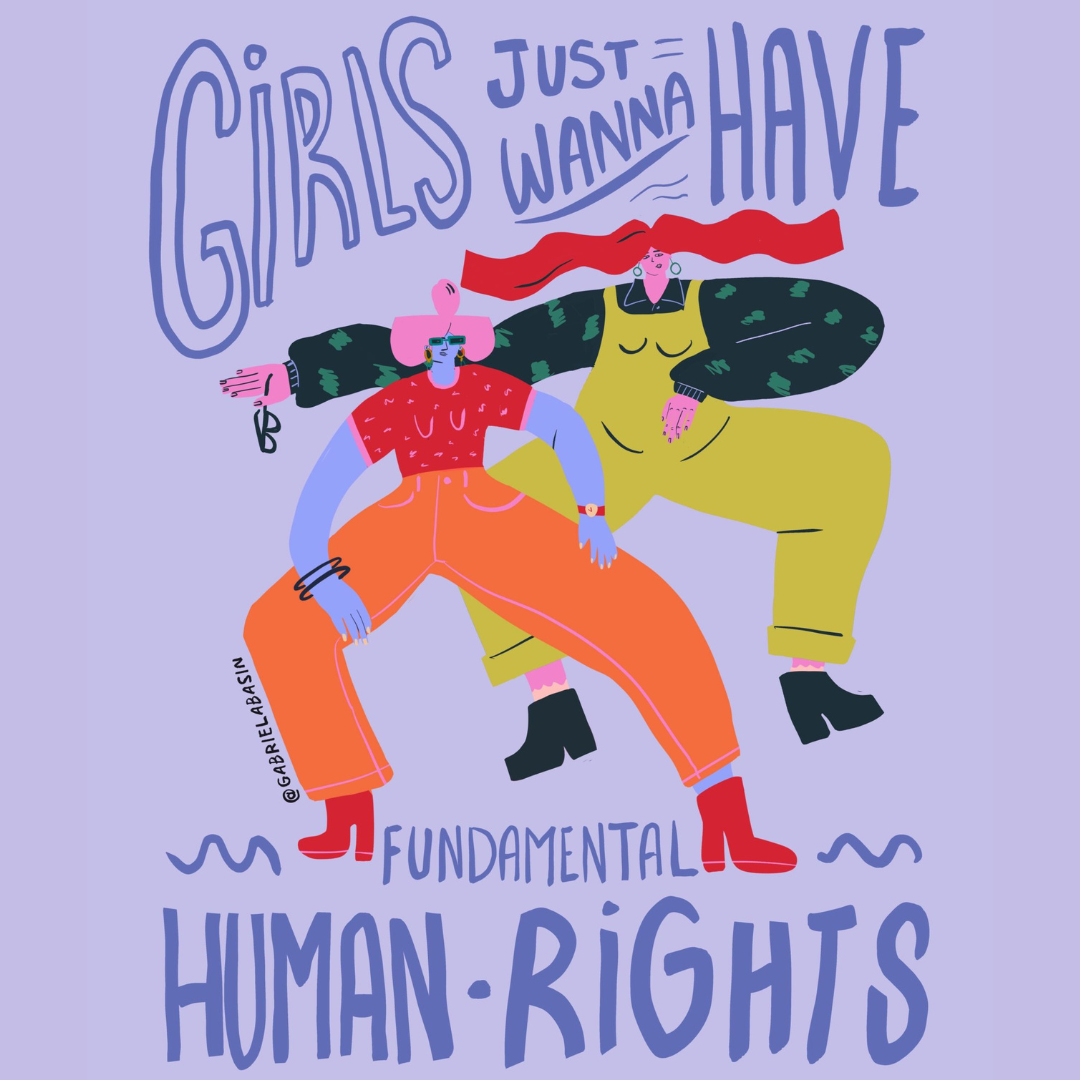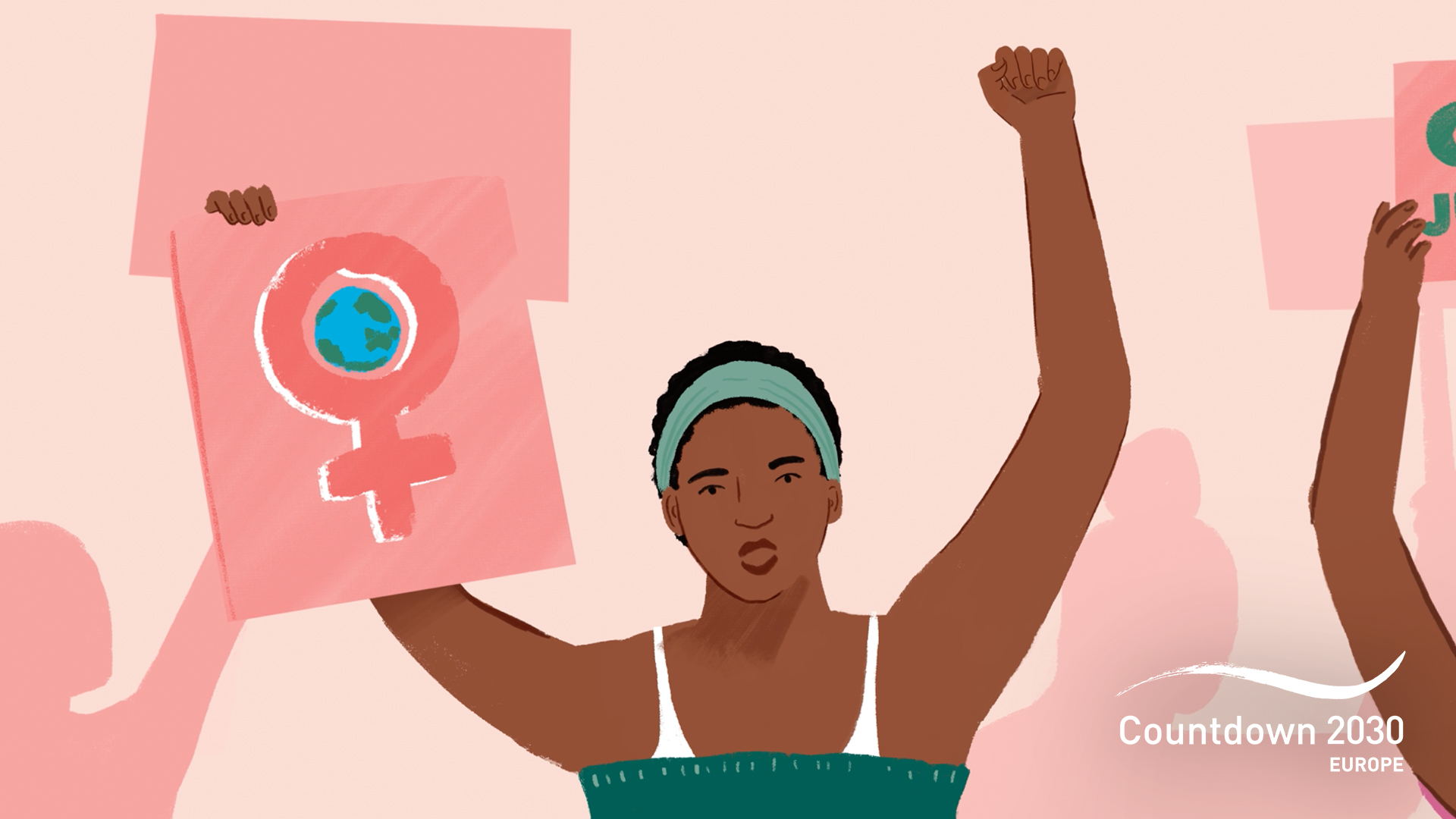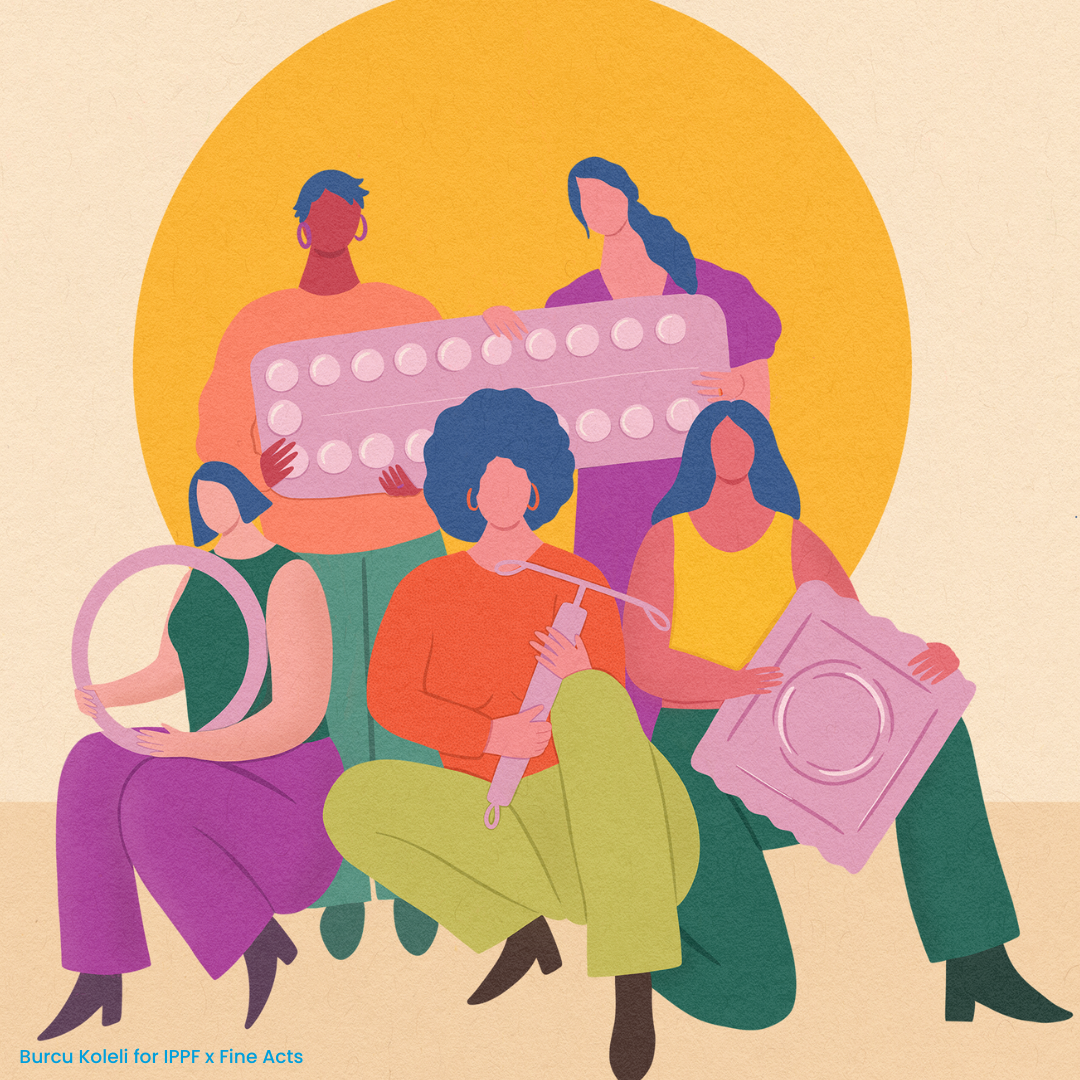The Women Deliver 2023 conference just concluded after an intense week of meetings, networking and frustratingly overlapping sessions and side events taking place at the Kigali Conference Centre, in Rwanda. This sixth Women Deliver edition was one of records and first times, each of them teaching us a lesson to take home, let sink in, and translate into action:
- It was the first time the Conference took place on the African continent (with four previous editions held between Europe and North America, and one in South East Asia), which put right and centre the crucial question of who has the power to set the agenda, who is benefitting from such international gatherings and who ultimately has the privilege to take part in them (acknowledging that the extremely high conference fees substantially reduce the possibility to participate, no matter where the conference takes place). The key issue of shifting power relations, recognizing the leadership of low and middle-income countries and decolonizing our funding, programmes, research, practices, thoughts and advocacy priorities was a critical lens which shaped all discussions.
- Women Deliver 2023 was also the most diverse edition so far, both for geographical representation (with people from over 170 countries gathering in Kigali) and for the whole spectrum of different identities represented (feminists from multiple sexual and gender minorities, diverse ethnic backgrounds, with disabilities, young feminists, and intersecting all of the above – diversity well embodied by the CEO Maliha Khan, as underscored during the closing ceremony). This screams for strengthened solidarity and more meaningful partnerships and alliances within a unified intersectional and inclusive feminist movement.
- Lastly, this edition of the Women Deliver conference was also the first (and let’s hope the last!) to give an unprecedented platform (the opening ceremony of arguably the biggest gender equality gathering on the globe, with an audience hundreds of thousands of feminists both offline and online) to the founder of one of the leading anti-rights, anti-gender and anti-choice networks at the moment. Whether this was not considered to be a big deal by the organisers (not big enough to rise a red flag to the government of Rwanda for extending the invitation) or whether it simply skipped their attention, it does not matter, and frankly both assumptions are equally concerning. This move is motivating in itself and reminds us not to take for granted the safety of feminist spaces (even the most renown ones), but rather to commit to act proactively to make them safe, be much more alert and vigilant and draw red lines not to cross if we are serious about countering the opposition.
Returning home from Kigali, it is time to own our responsibility for having been able to attend such a privileged space, and start to walk the talk by implementing the lessons learned there in our every-day work.
Authored by Chiara Cosentino, IPPF EN
Photos courtesy of Women Deliver
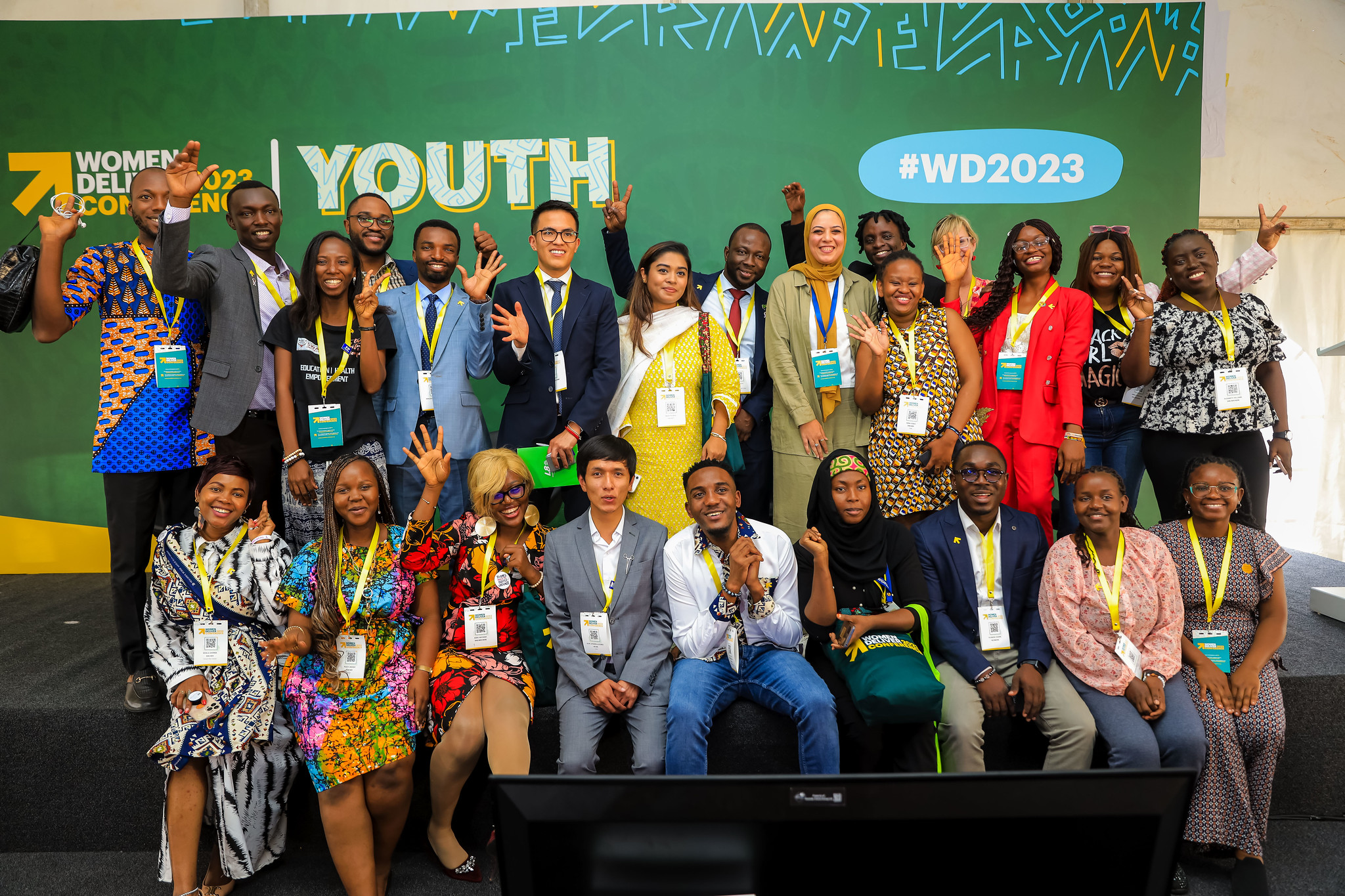
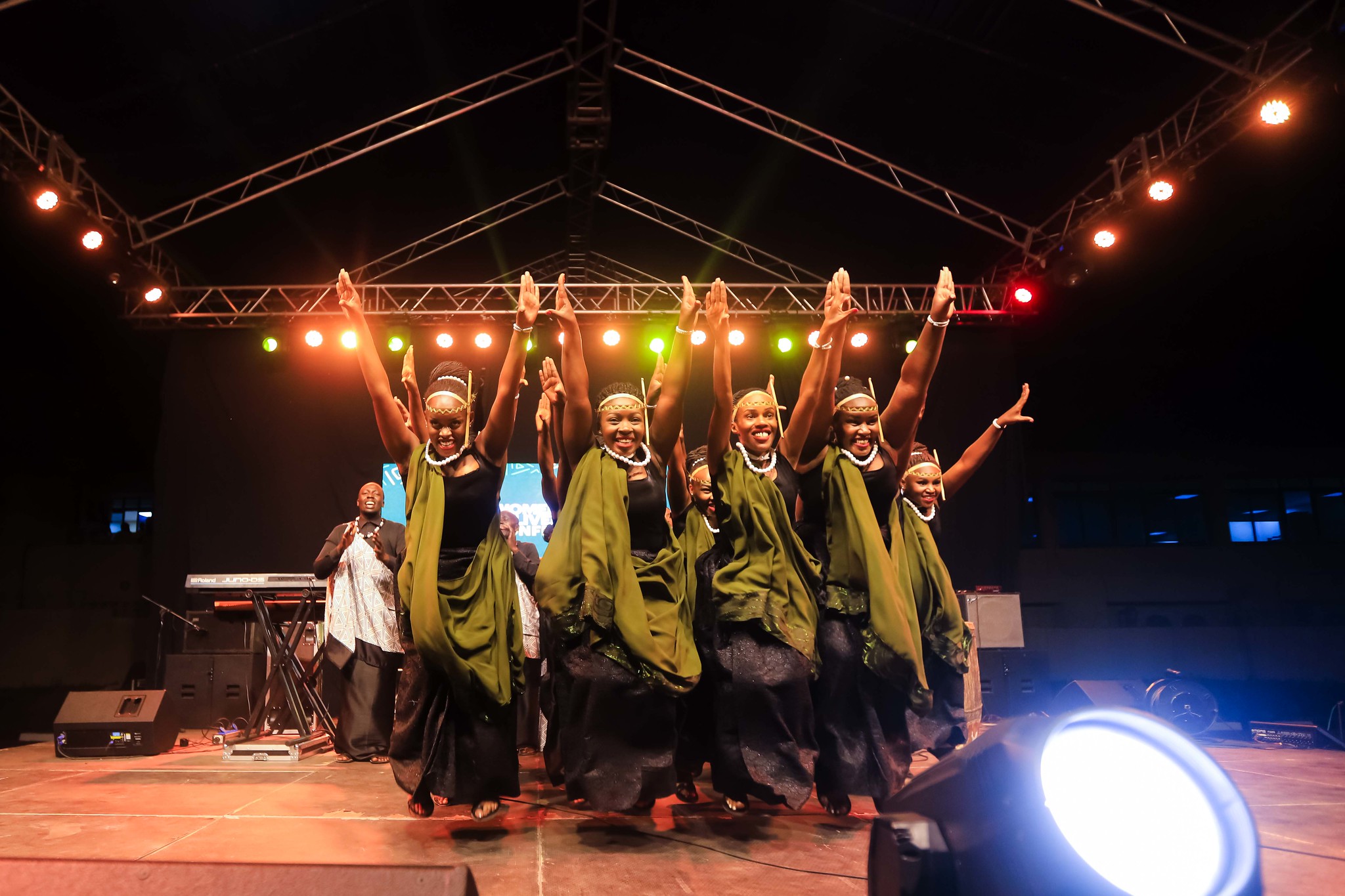
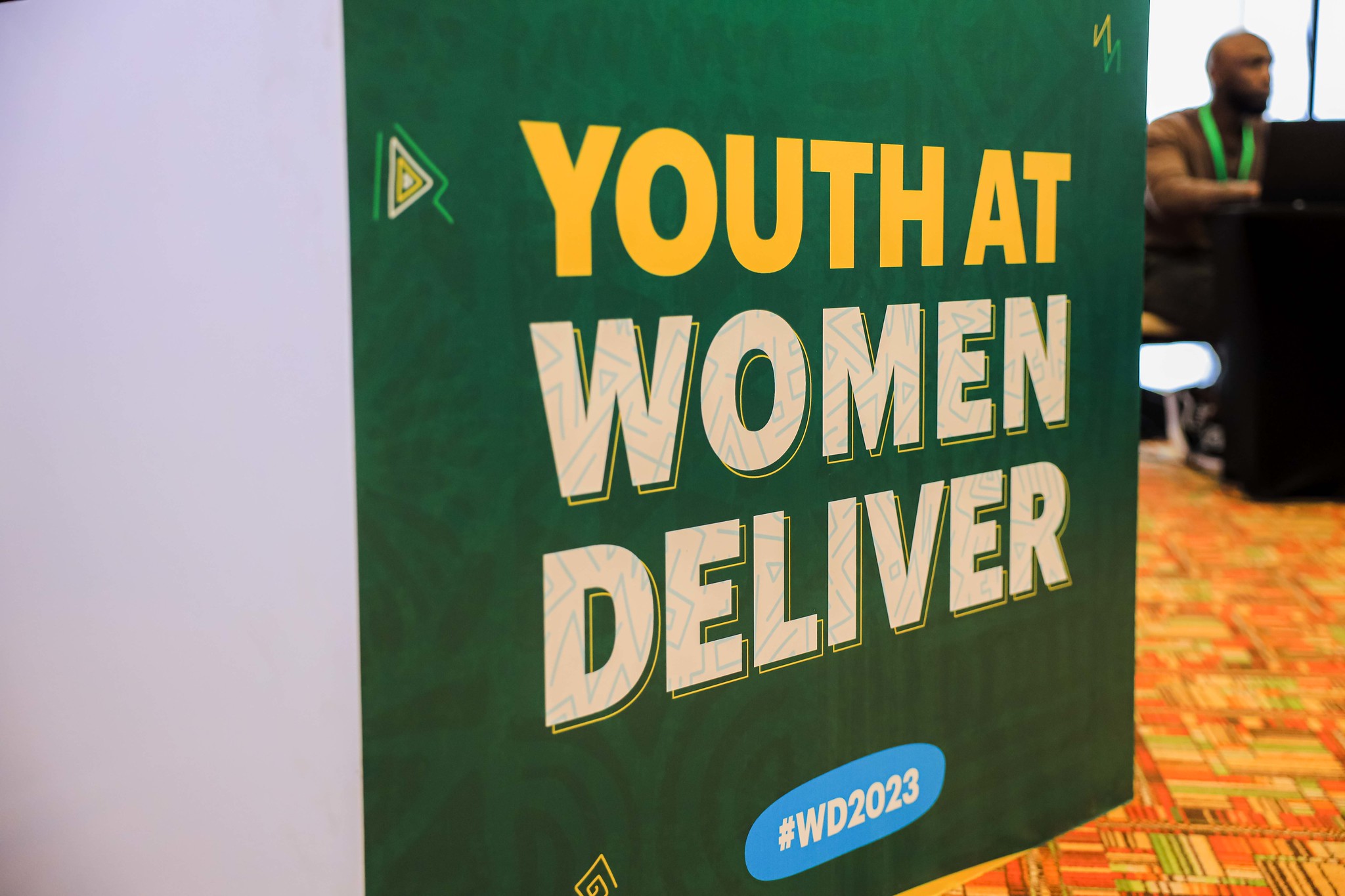
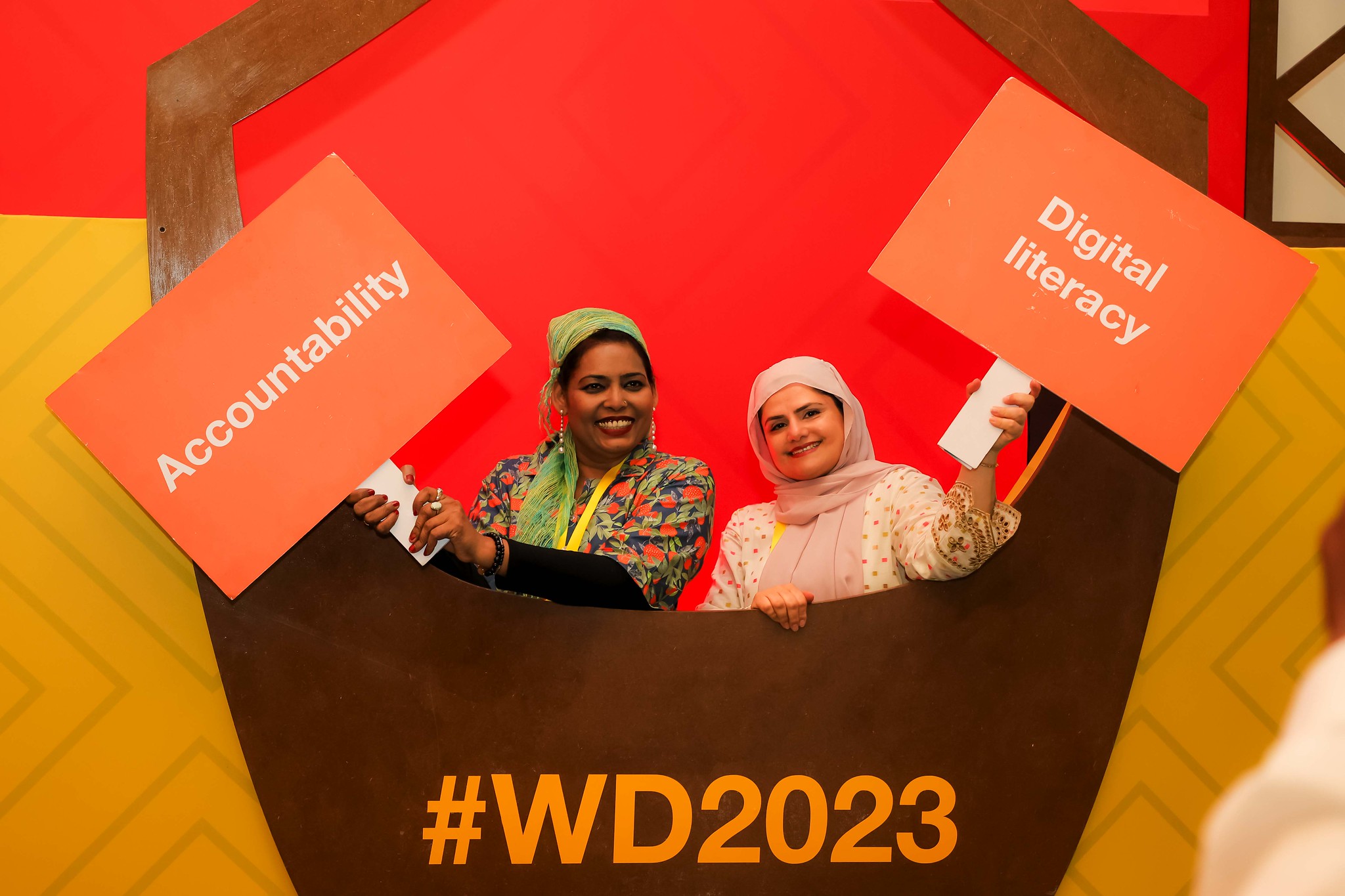
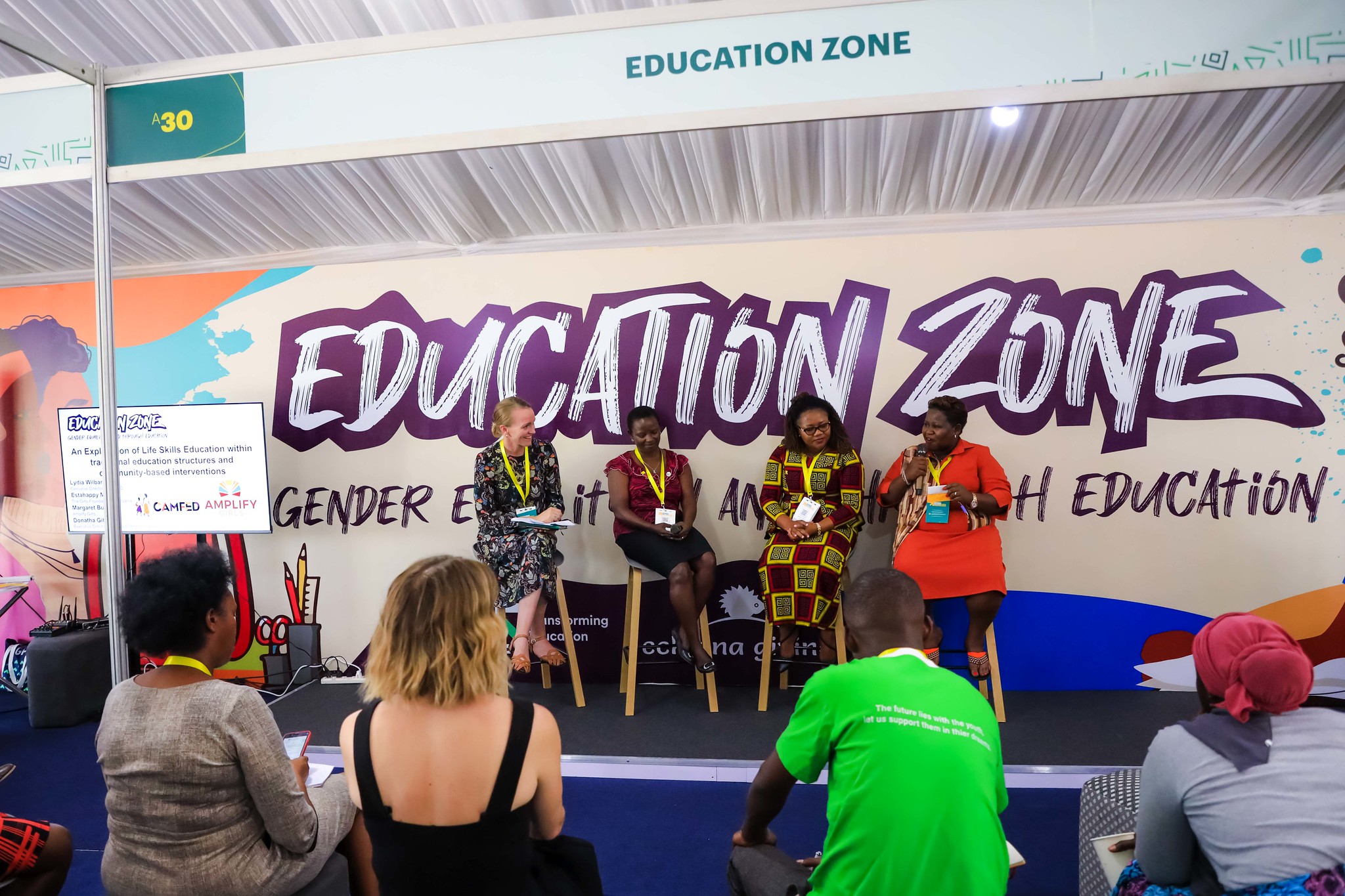
P

